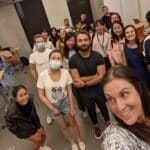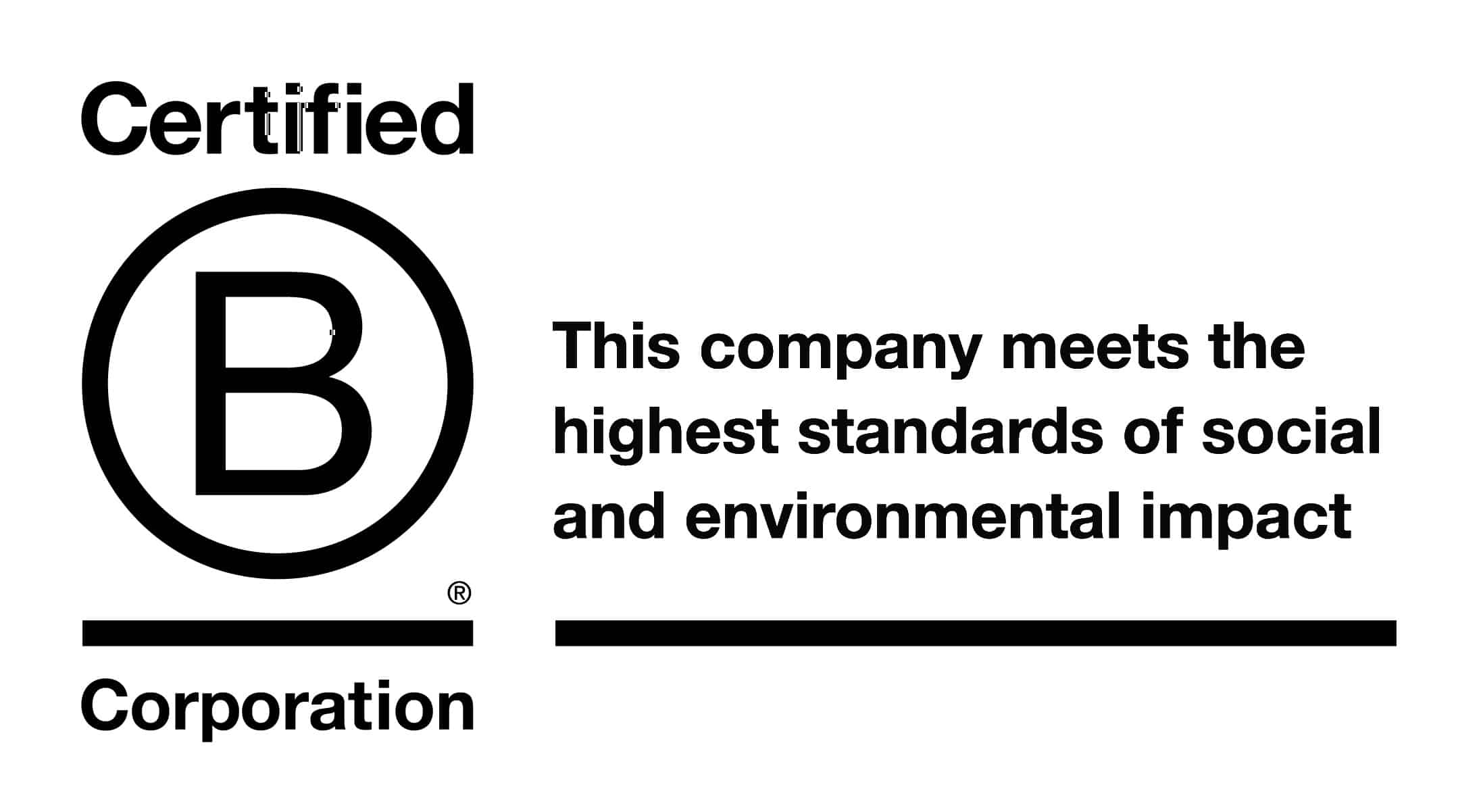
Improving Corrosion Science and Education
Corrosion is an issue that is often overlooked even by many educated engineers! Understanding how materials of construction behave and degrade in their service environment is important to prevent asset failures. It is therefore vital for educators across technical disciplines to include this topic for future professionals.
The CORRECT Engineering Program is a breakthrough initiative led by well-respected educators at Western University, Ontario, Canada. The program was created to raise awareness regarding corrosion. The program looks at the wide range of implications corrosion has in design, operation, and society as a whole. It combines expert insight with real-life experience from corrosioneers, making this program an exciting global tool for corrosion awareness.
Why Is It So Important to Know About Corrosion?
Corrosion compromises the integrity of materials, leading to safety hazards and significant health and financial implications. Corrosion knowledge is therefore imperative for all workers whose expertise focuses on the use of selecting and using engineering materials in their application.
By possessing knowledge of corrosion, engineers can select the most appropriate technical response to create resilient designs, i.e. by selecting the correct corrosion-resistant materials, using coatings, including cathodic protection etc.
This proficiency ensures the durability of engineering projects, underscores a commitment to safety, reliability, and cost-effectiveness in professional practice.
The CORRECT Program
The CORRECT program offers students in applicable fields of study a chance to engage in diverse training activities. This NSERC-sponsored program includes mentorship, research, and specialized corrosion training; focusing on environmental and societal aspects, and exchange experiences in corrosion science.
Beyond enhancing students’ corrosion knowledge and research skills, the program aims to cultivate skills in leadership, communication, regulatory and environmental impact assessment. It also promotes best practices in quality assurance, business, and corrosion management.
The ultimate goal is to equip participants for careers in corrosion science and engineering. This will be achieved by providing a comprehensive skillset that is practical and applicable to today’s market demands.
Here at ICE Dragon Corrosion we are proud to be a part of the CORRECT program and have engaged in the program since its inception, providing students with practical case studies, career advice and mentorship.

These are some details of the initiatives and advantages this program provides:
- Corrosion Research and Training Experience (CRTE) award:
- Each CORRECT CRTE awardee will have an individual research project. It will focus on a specific corrosion research question with one of 10 core field expert supervisors of the program
- Elevated research training: NSE graduates obtain hands-on experiences at a collaborating host lab within the CORRECT program.
- Interacting with over 20 corrosion professors worldwide and collaborating with six Canadian industrial partners
- Accessible travel funding for all activities within the CORRECT CRTE initiative. Extending up to $3,000 for CRTE awardees and even postdocs
- Extensive funding in Canadian dollars of up to $10,500 for undergraduate students. $13,630 for MSc students, and $27,261 for PhD students
- Annual Corrosion Summer Institute (CSI) and Corrosion Awareness Communication Training (CAT):
- A two-week corrosion skills training, professional development, and outreach event held each summer at Western University or a collaborating Canadian university
- Corrosion, Environment, Diversity, Equity, and Society (CEDES) graduate courses at Western University
- CORmentor: A mentoring program connecting established corrosion professionals with mentees, aimed at professional development and networking opportunities
- Ample inclusiveness of several societal groups




